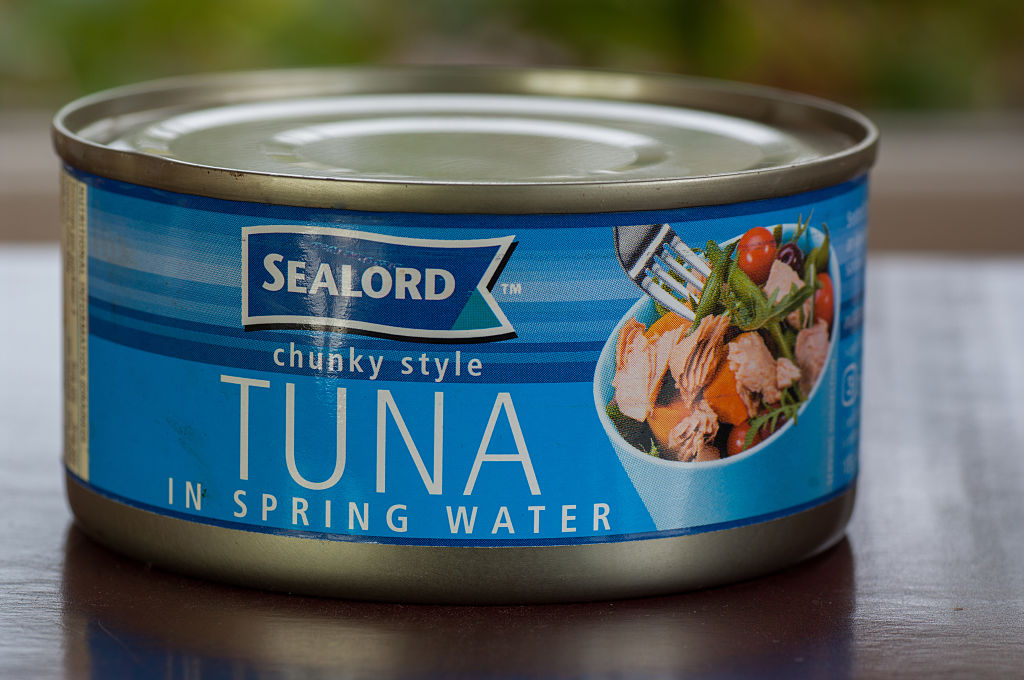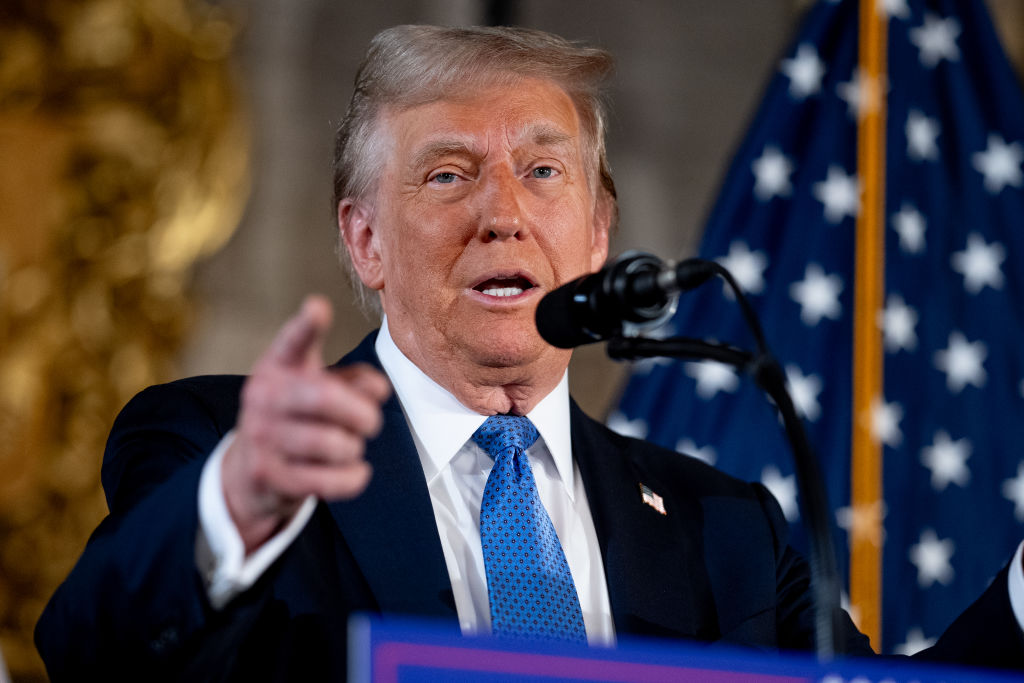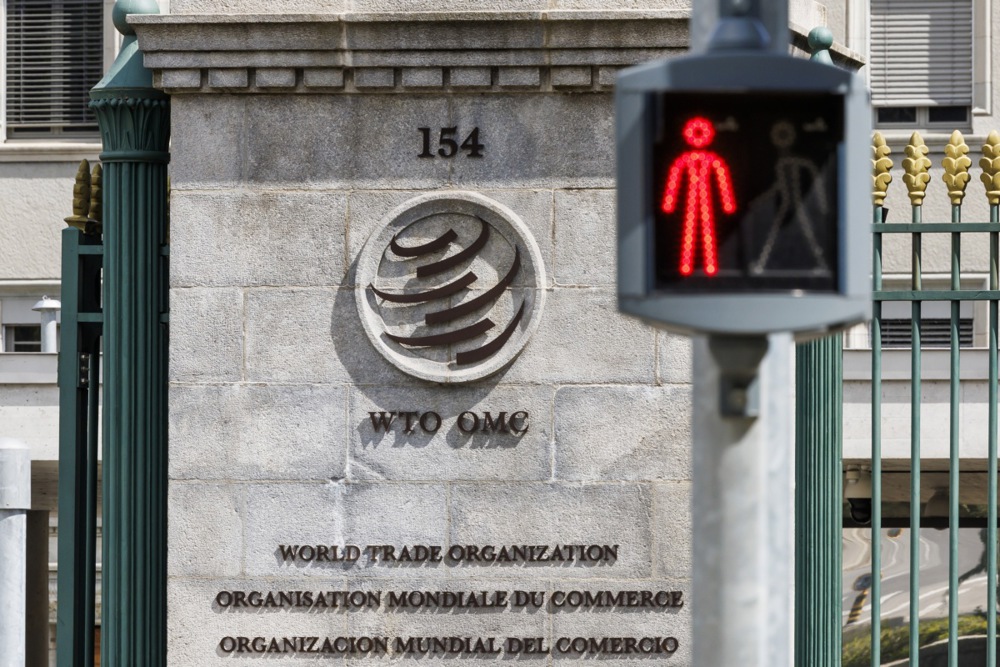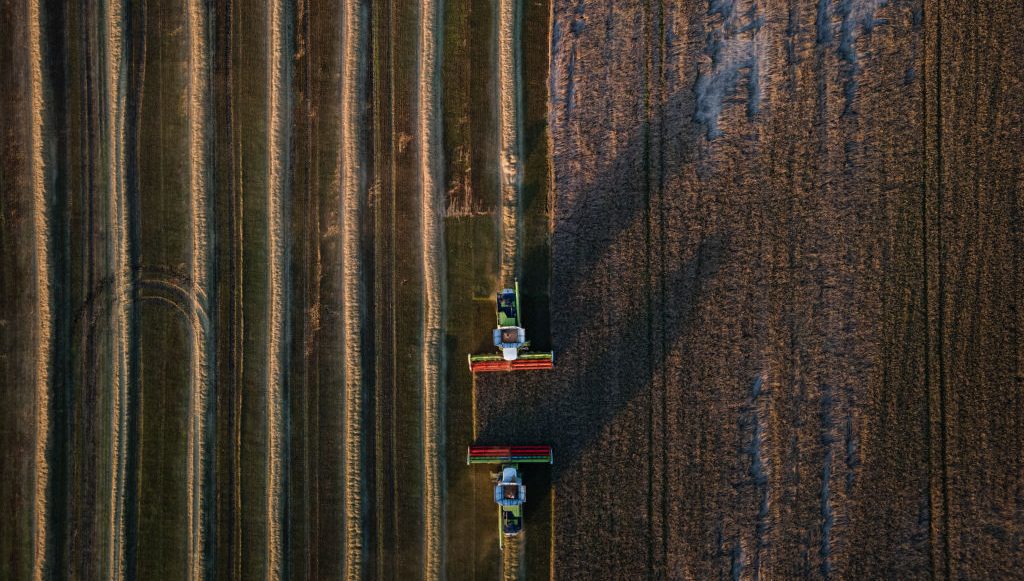Qatar’s energy minister Saad al-Kaabi has threatened to cut supplies of liquefied natural gas (LNG) to the European Union over its recently implemented Corporate Sustainability Due Diligence Directive legislation.
The directive, adopted in May 2024, enforces strict measures against corporate exploitation, modern slavery, environmental pollution, and human rights violations within production chains. Companies failing to comply face fines of up to 5 per cent of their annual global revenue, a prospect al-Kaabi called “unacceptable”.
“If the case is that I lose 5 per cent of my generated revenue by going to Europe, I will not go to Europe. I’m not bluffing,” al-Kaabi declared in a Financial Times interview on December 22.
“Five per cent of generated revenue of QatarEnergy means 5 per cent of generated revenue of the Qatar state. This is the people’s money, so I cannot lose that kind of money — and nobody would accept losing that kind of money,” he added.
It was not al-Kaabi’s first warning. Speaking at the Doha Forum earlier in December, he had cautioned: “My message to Europe is: Are you telling us you don’t want our LNG into the EU? Because I’m not going to supply the EU with LNG to support your energy requirements.”
The new EU directive also included provisions for large companies to adopt transition plans aligned with the 2050 climate neutrality goals of the Paris Agreement. That is a legally binding international treaty adopted in 2015 which came into force in 2016.
Al-Kaabi claimed that the legislation will impact all Qatari exports to Europe, from LNG to fertilisers and petrochemicals.
If penalties were limited to revenue from European contracts rather than total global revenue, Qatar might reconsider its stance, he suggested.
“If they said that the penalty is 5 per cent of your generated revenue from that contract that you sell to Europe, I say, ‘OK, I need to assess that. Does that make sense?’” he said. “But if you want to come to my total generated revenue, come on, it doesn’t make any sense.”
Speaking to Brussels Signal on December 23, Commision official argued that the directive respect international frameork set by OECD and United Nation.
“The Directive, building on UN and OECD international frameworks that have been in place for more than a decade, sets out the duty for very large companies to identify and address adverse human rights and environmental impacts in their own operations and those of business partners,” they said.
They also argued that the maximum level of the fine will typically be reserved “for the most egregious violations.”
Al-Kaabi’s ultimatum could spell trouble for the European Union. Following the Ukraine war and the EU’s break with taking Russian energy, it has become increasingly reliant on Qatar.
According to the European Commission website, in 2023, 5.3 per cent of EU LNG came from Qatar.
The European Union is also dependent on gas, mainly used for power generation, household heating and industrial processes. In 2022, it said more than 30 per cent of households in the EU were heated using gas.
Al-Kaabi’s warning also coincided with external pressures from across the Atlantic. US President-elect Donald Trump recently urged the EU to ramp up imports of US oil and gas or face tariffs on key exports, including cars and machinery.
In 2023, the US was the largest LNG supplier to the EU, representing almost 50 per cent of total imports of the gas.
With energy supply chains increasingly fraught, the EU now faces a dilemma: Adapt its “green” agenda or risk alienating critical suppliers such as Qatar — and potentially the US.
US President-elect Donald Trump said on December 20 that the European Union should step up US oil and gas imports or face tariffs on the bloc’s exports that include goods such as cars and machinery.https://t.co/Ft1mm7fgNJ
— Brussels Signal (@brusselssignal) December 20, 2024





